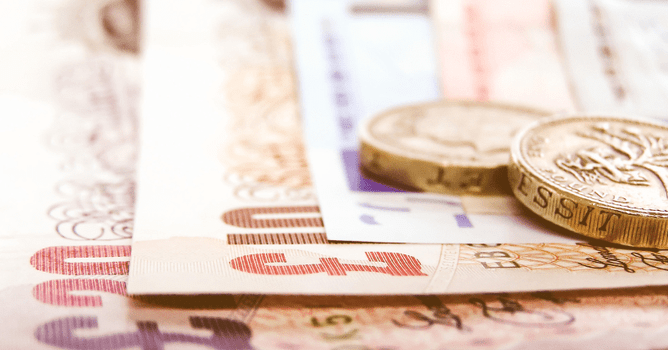As a sole trader in the UK, you are essentially the business (so you do not have a separate legal identity to your business). Therefore, you have direct control over its finances. Paying yourself as a sole trader is very straight forward, as all you need to do is transfer the money to your personal account (assuming you have a separate business bank account). It's important to keep your personal finances separate from your business finances for accounting and tax purposes.
You do not need to be running a payroll scheme to pay yourself as a sole trader. However, if you eventually employ others then you will need to.
Here are a few tips that I thought of:
I would always recommend opening a separate bank account for your business, as then it’s easier to keep track of what’s happening.
It’s best to pick a payment frequency- will you pay yourself weekly? Bi-weekly? Monthly? Or quarterly?
Set aside some money for tax. As a sole trader, you are personally responsible for paying income tax and National Insurance Contributions (NICs) on your business profits. It's essential to set aside a portion of your net income to cover these tax obligations. If you’re not sure how much to save for your tax bill, then have a look at my blog post: ‘For sole trader: How much should I put aside for my tax bill’.
Keep Detailed Records: Maintain accurate records of all financial transactions, including your withdrawals or transfers from the business account. This will help you with financial tracking, tax reporting, and ensuring compliance with HMRC.
Submit Self-Assessment Tax Returns: As a sole trader, you must register for self-assessment with HMRC. You will need to file an annual self-assessment tax return to report your income and pay any income tax and NICs due. It's essential to meet HMRC's deadlines to avoid penalties. I’ve written a blog post on registering for self-assessment which is here: ‘For sole trader- How do I register for self-assessment? When do I need to register by?

